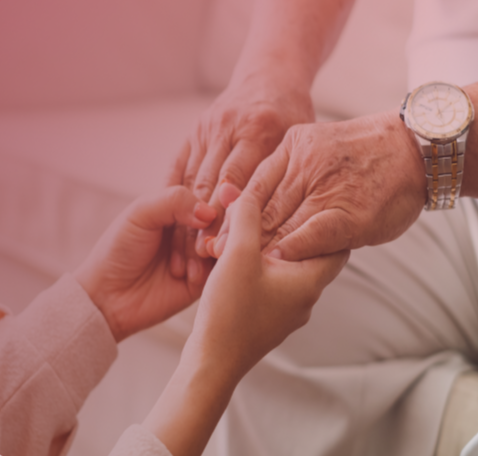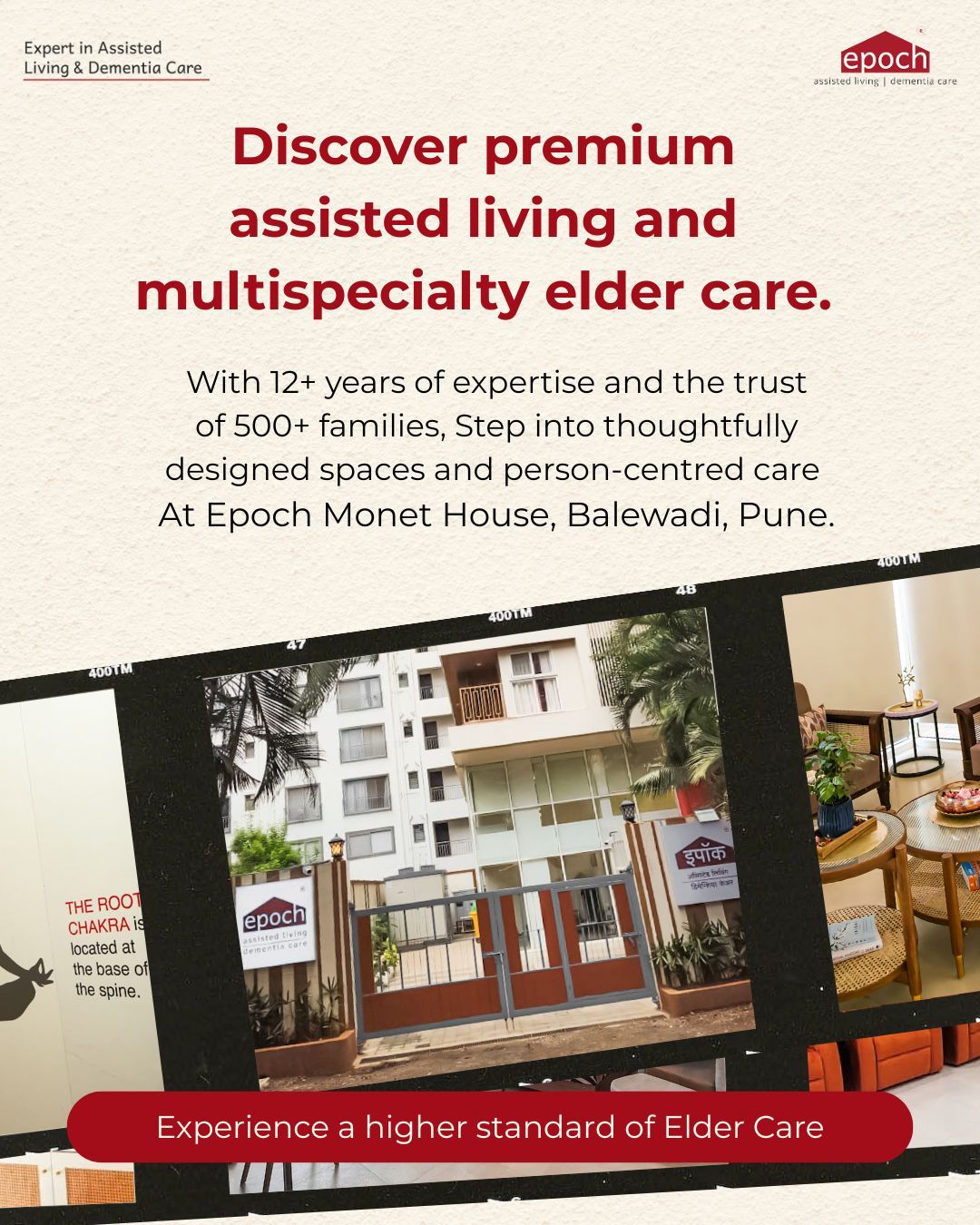Life After Loss: Gentle Support for the Elderly
At Epoch Elder Care, we’ve walked through many tender moments. But perhaps none more delicate than witnessing the quiet heartbreak of an elderly losing their life partner.
This isn’t just the end of a marriage. It’s the loss of a lifelong rhythm of familiar conversations over morning tea, shared glances across the room, gentle arguments about what to eat, or the comforting sound of someone breathing next to you in bed.
When the Funeral Ends, the Silence Begins
After the funeral ends and the relatives leave, what remains is silence. And that silence can be deafening.
Elders don’t always express grief the way we expect. It’s not always in tears. Sometimes, it’s the untouched plate of food, the long pauses, the refusal to do any activities, a decline in health, or the refusal to leave the room.
Grief Wears Many Faces
At Epoch, we’ve learned to watch for the signs that often go unnoticed:
- A sudden drop in appetite or a quiet “I’m not hungry.”
- Oversleeping or insomnia, especially in the early morning, when they’d usually speak to their spouse
- Mild confusion, forgetfulness, or disinterest in routine
- Physical complaints with no clear medical cause
- Detorioration in health
- Withdrawing from the group or not engaging with caregivers
These are not just changes in behaviour. They are the language of grief, and they ask us not to rush, but to simply notice.
When I lost my father, I saw this grief unfold right before my eyes. I was in college then, living in a hostel. Every time I spoke to my mother over the phone, I could feel the change in her voice She was anxious, low, disconnected, alone, and slowly losing weight. The spark in her had dimmed. She sounded like someone just going through the motions, not living. Thankfully, she found the support of close friends and extended family. Their presence, kindness, and care brought her slowly back to herself. She was put on medication, which helped her to recover emotionally as well. But that phase left a deep imprint on me.
Today, when I see the spouses of our residents go through similar pain, I carry that experience with me. I often ask myself what I could have done better for my mother. And with that, I try to offer our residents what I wish someone had offered her: patience, companionship, and unwavering emotional care.
What We Do at Epoch to Support the One Left Behind
Grief needs space. It also needs gentle hands around it. Here’s what we consciously do at Epoch to care for the one who’s left behind:
- We don’t rush to remove the partner’s belongings. If the surviving spouse finds comfort in a familiar shawl, an old photo, or the partner’s favourite pillow on the bed, we leave it. Grief isn't linear, and neither is healing.
- We offer presence, not pressure. Our caregivers understand the power of simply being there. No cliches. No forcing them to ‘move on’. Just sitting quietly with a warm drink, being available when they want to speak.
- We honour their memories. Whether it’s playing a shared song, talking about their love story, or bringing out old photos, we allow remembrance to be part of healing.
- We maintain a soft structure. Regular meal times, engagement sessions, and nature walks, all introduced slowly, can help bring back a sense of stability.
- We involve the family. Grief doesn’t belong to one person it echoes in the family. We stay in touch, guide them on how to support them and become an extension of that circle.
- We monitor the signs that need clinical care. If sadness becomes depression, sudden deterioration in health or confusion becomes disorientation, our team is trained to notice and respond with clinical support gently and early.
When one goes, the one left behind doesn’t just lose a partner. They lose a part of themselves. But with patience, compassion, and presence, we can help them rediscover a new version of life, one memory, one conversation, and one act of kindness at a time.
At Epoch Elder Care, we don’t just provide care. We provide heart.













